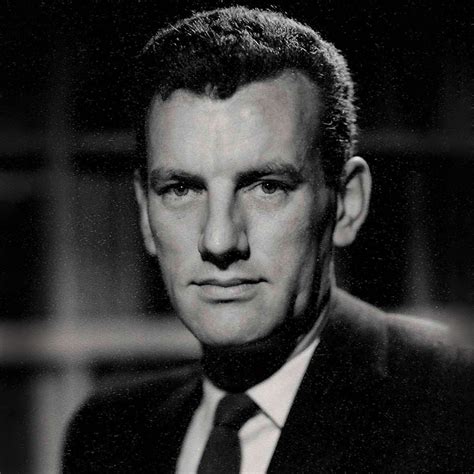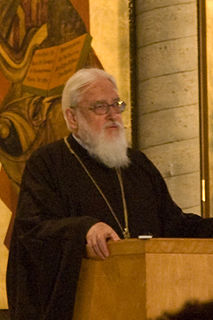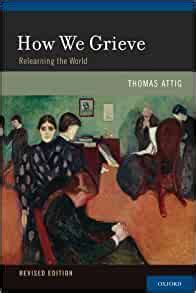A Quote by Thomas Merton
Contemplation is the loving sense of this life, this presence and this eternity.
Related Quotes
The highest form of praise you can offer to yourself, to God and to the world is to spend time each day expressing gratitude. It says to God that you are aware and appreciative of grace. It says to life that you are acknowledging its awesome presence in you. It says to yourself that you are worth the time it takes to be healed. Time spent in silence, contemplation and gratitude is time spent in devotion to a higher calling and a more loving state of being.
Before examining this more carefully and investigating its consequences, I want to dwell for a moment in the contemplation of God, to ponder His attributes in me, to see, admire, and adore the beauty of His boundless light, insofar as my clouded insight allows. Believing that the supreme happiness of the other life consists wholly of the contemplation of divine greatness, I now find that through less perfect contemplation of the same sort I can gain the greatest joy available in this life.
Eternity isn't some later time. Eternity isn't a long time. Eternity has nothing to do with time. Eternity is that dimension of here and now which thinking and time cuts out. This is it. And if you don't get it here, you won't get it anywhere. And the experience of eternity right here and now is the function of life.
The Oriental philosophy approaches easily loftier themes than the modern aspires to; and no wonder if it sometimes prattle about them. It only assigns their due rank respectively to Action and Contemplation, or rather does full justice to the latter. Western philosophers have not conceived of the significance of Contemplation in their sense.































